There’s no denying that modern life is taking a toll on our eyes. Our reliance on technology has led to a world where many of us spend hours staring at screens. Add to that the impact of environmental pollution and the natural aging process, and you may understand why our eyes are constantly under significant strain. In fact, various chronic conditions such as dry eye, cataracts, and macular degeneration are currently on the rise. Thanks to modern medicine, there are medical treatments available to address many serious eye conditions. Additionally, while natural methods cannot replace these treatments, they can be used as a supplement to them. Healthy lifestyle habits can help you maintain your eye health and greatly reduce the strain on your eyes. In this article, we will take a deep dive into vision health, exploring the best natural ways to support your eyes.
Nutrients that Protect Your Eye Health
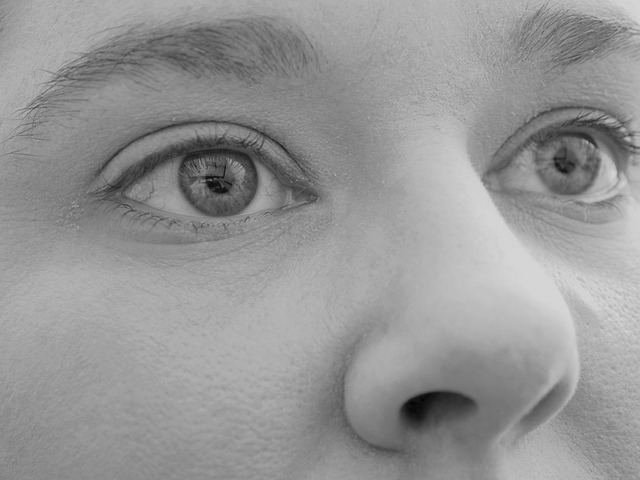
When it comes to vision health, the old saying “you are what you eat” comes to mind. If you want to be healthy, you need to eat healthily! Nature has provided us with various nutrients that help protect our eyes from age-related issues and free radical damage. For example, there are two powerful antioxidants that you should consider adding to your regimen: lutein and zeaxanthin. These antioxidants accumulate in the retina of the eye, helping filter out the damaging effects of blue light. Lutein and zeaxanthin may help reduce macular degeneration related to age, as well as reduce your risk of developing cataracts.
Great sources of these nutrients include leafy green vegetables, such as spinach, kale, and collard greens. You should also consider adding more berries, seeds, nuts, and citrus fruits to your diet. They contain vitamins E and C, which aid in combating oxidative damage to your eye tissue. Also, make sure to eat an adequate amount of legumes, oysters, and poultry. This will provide the zinc needed to transport vitamin A from the liver to the retina. There, it produces the protective pigment known as melanin. Omega-3 fatty acids are also important for retinal health support.
Read More: 100 of The World’s Most Nutritious Foods
The Importance of Hydration for Vision Health
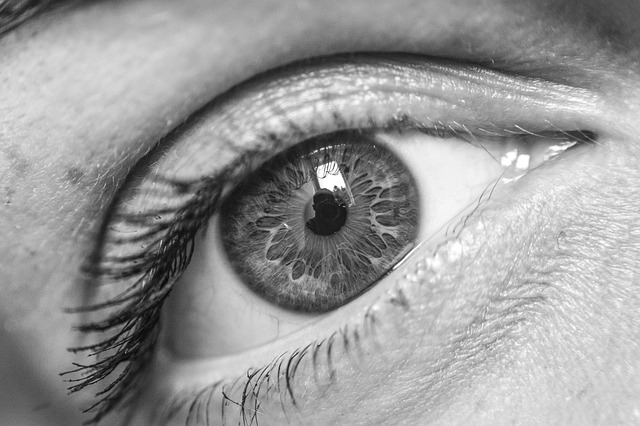
Staying properly hydrated is vital for many bodily functions, and your eyes are no exception. When you are dehydrated, your body produces fewer tears, which can result in irritated, dry eyes. Make sure to drink plenty of water throughout the day, as this helps to flush out toxins and maintain a healthy tear film. You should aim for a minimum of eight glasses of water every day. Drinking coffee is not the same as drinking water, though. In fact, things like coffee and salty snacks can actually make you more dehydrated, potentially aggravating your eyes. Rather, substitute those salty snacks for slices of watermelon or cucumber. Invest in a decent reusable water bottle and keep it nearby at all times. Additionally, electrolytes such as magnesium and potassium can help your body maintain its fluid balance.
Reducing Screen Strain
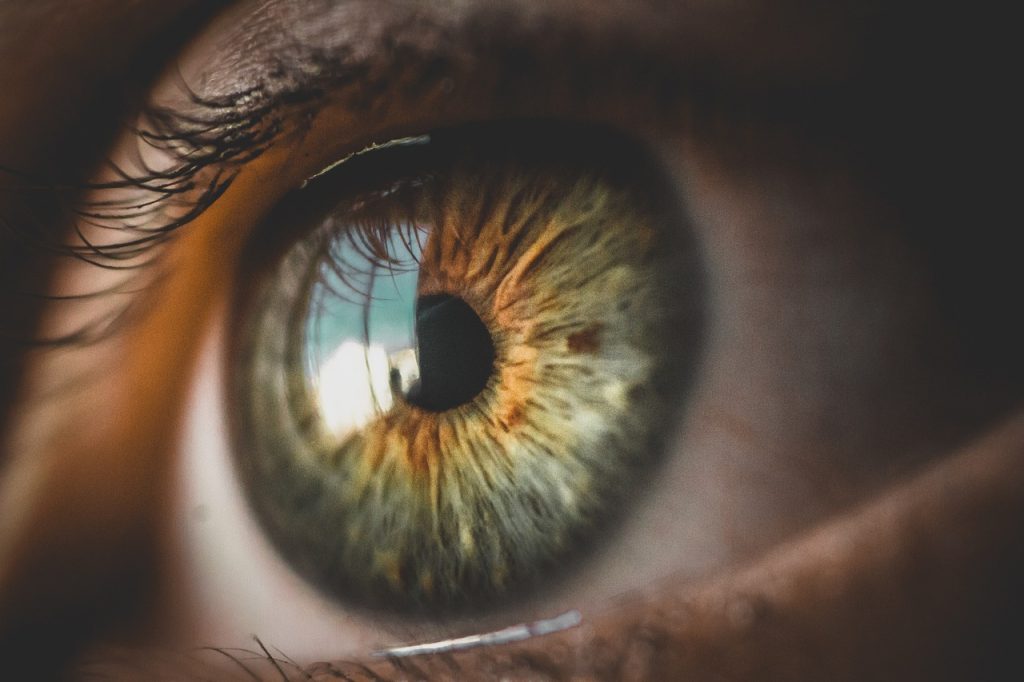
In our modern society, it feels like it’s impossible to escape screens. Whether for work or play, we spend a large part of our day staring at laptop screens, phone screens, and tablet screens. This makes digital eye strain an almost unavoidable issue. When you spend hours staring at a screen, the tiny muscles in your eyes grow tired, potentially leading to headaches or blurry vision. An easy and beneficial habit that you can try to implement is called the 20-20-20 rule. After every 20 minutes of screen time, look at something at least 20 feet away for 20 seconds. This will give your eye muscles a much-needed break and help maintain flexibility in focusing. Other things you can do to help your vision health are reduce the brightness of your screen, use blue light filters, and sit around an arm’s length away from the screen.
Protecting Your Eyes From UV Light and Blue Light

Considering the amount of time we spend indoors, getting some sunlight is essential for our health. However, when you are outside, it’s important to wear sunglasses that block out harmful UV rays. This is because these rays can increase the chances of developing certain eye conditions, such as cataracts. When shopping for glasses, look for pairs that block out both UVA and UVB rays. Filtering out UV rays also delays the development of conditions such as pterygium, which results from glare and wind exposure. Blue light is another one to be aware of, as it can interfere with melatonin regulation. You can also get glasses that block out blue light, which can be worn when working at a computer.
Sleep Helps Rest and Repair Your Eyes
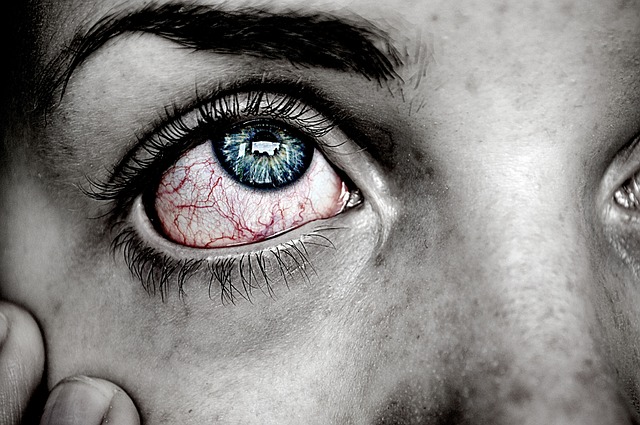
Sleep is a great time for your body to recharge and repair itself, including your eyes. Without proper sleep, you may find yourself experiencing twitching eyes, blurred vision, and eye dryness. This is why sticking to a consistent schedule is important when it comes to sleep. Make sure to stop looking at screens, such as your laptop, television, and phone, at least an hour before you go to bed. Rather, try listening to relaxing music, meditating, or reading a book before you go to sleep instead of having another late-night series marathon session. A good night’s rest will help your eyes repair and replenish their moisture levels. When you sleep, your body releases melatonin, which has antioxidant properties capable of protecting retinal cells.
Eye Exercises Can Help
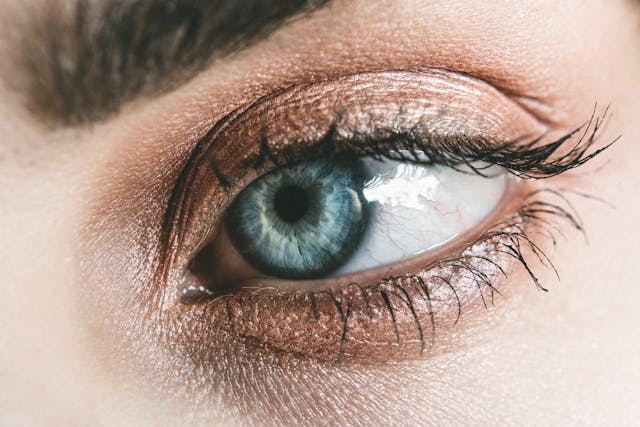
Eye strain is a common problem when spending hours reading or working at the computer. Some people find that certain eye exercise helps relieve some of that strain. For example, you can try a technique known as “palming” to help relax strained eyes. This technique involves rubbing your hands together to generate some warmth, then gently cupping your hands over your closed eyes. Another exercise you can try is the “figure-8 tracing” technique. To be more accurate, it should be called the “infinity sign” technique, as you are required to imagine an 8 on its side. Then you are meant to trace the figure with your eyes for a while. While there isn’t a huge amount of evidence to support these techniques, it is believed that they benefit eye muscle flexibility.
Are Triphala Eye Drops Safe?
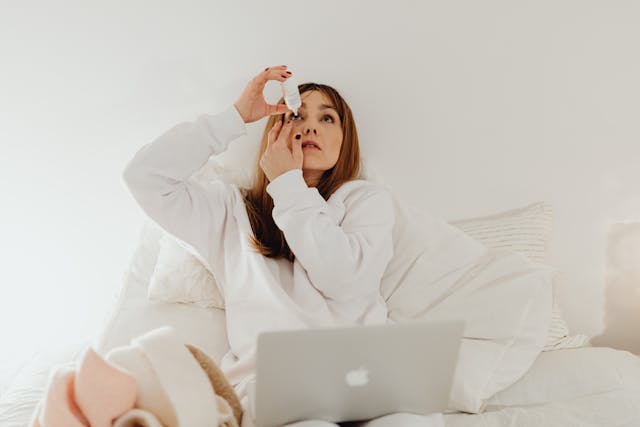
Many people have claimed that triphala eye drops help to reduce eye strain and improve clarity. However, actual research on this topic is still rather limited, and there is real concern around homemade preparations and how safe they are. However, one trial involving 151 participants diagnosed with computer vision syndrome showed improvement after using triphala eyedrops compared to a placebo. But what is triphala in the first place? It is an ancient Ayurvedic herbal blend that is produced from three fruits: haritaki, amla, and bibhitaki. It has been used in India for centuries for overall wellness and is also sometimes used to soothe eyes. It’s always best to first speak to your health practitioner before trying any kind of herbal drops. Some Ayurvedic practitioners also suggest taking it as an oral supplement.
Read More: Guide to Paronychia: Exploring Its Causes, Recognizing the Symptoms, and Getting a Proper Diagnosis

Bilberry not only sounds like blueberry, but they are, in fact, close relatives, too. These berries are full of anthocyanins, which are antioxidant compounds believed to support circulation and protect the retina. There is even a legend that British pilots ate bilberry jam during World War II in an effort to improve their night vision! While there is limited scientific evidence for that particular claim, there have been studies that have revealed that there are benefits to its use. For instance, the studies indicated that bilberry extract may reduce eye fatigue and protect against the effects of oxidative stress. Today, bilberry extract can be found in many popular eye health supplements. However, more human trials are still required to confirm these benefits.
The Antioxidant Properties of Astaxanthin

Astaxanthin is a pigment found in microalgae in addition to the sealife that feed on it, such as krill, shrimp, and salmon. This pigment is what gives these creatures their distinct pink-red color, and it is also a powerful antioxidant. As it turns out, astaxanthin is also good for human eye health! Studies have indicated that it may help improve our ability to focus as well as reduce eye fatigue. It is thought to do this by supporting blood flow to the eye area and protecting our cells from damage caused by light exposure. Alongside ingredients such as lutein and zeaxanthin, this antioxidant is also added to various eye health supplements. Before using astaxanthin, speak to your doctor to ensure you are getting it from a reputable source and at the appropriate dose.
Read More: 8 Things Your Eyes May be Trying to Tell You About Your Health
Keep An Eye on Your Blood Sugar Levels
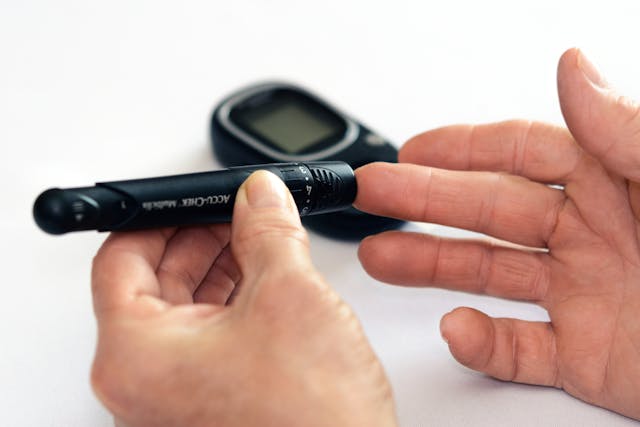
When it comes to eye health, another thing to keep an eye on his your blood sugar levels. When your blood sugar is high, it can damage the small blood vessels in your retina. This can lead to a condition known as diabetic retinopathy, which is a significant cause of vision loss among adults. You can manage your blood sugar levels by balancing the carbs in your diet with fiber and protein, opting for whole grains, and staying physically active. If you have prediabetes or diabetes, it is important to go for regular eye examinations. This is because early detection can potentially save your vision. Many factors can influence your blood sugar levels, such as stress levels, diet, and exercise. So, if you want optimum vision health, make sure to keep a close eye on your blood sugar levels.
Good Eye Hygiene Prevents Infections
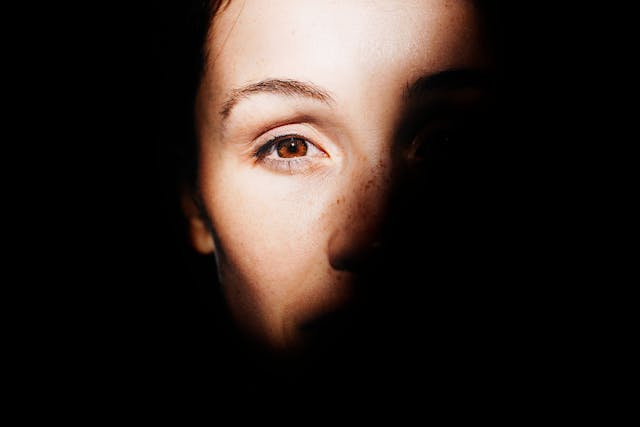
In general, it is also a good idea to practice adequate eye hygiene. You can easily introduce unwanted bacteria and viruses to your eyes by touching them with unwashed hands. This can lead to conditions such as conjunctivitis and even more serious kinds of infections. If you wear contact lenses, it is also important to make sure you avoid sleeping in them and disinfect them properly. Even your makeup can cause issues, so make sure to replace eye makeup every three months to prevent infection from bacterial buildup.
The Bottom Line
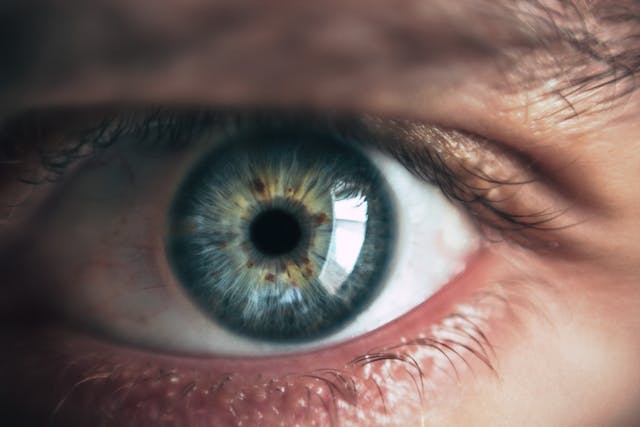
Your eyes work hard for you every single day, so make sure to look after them. Supporting eye health is all about creating small habits that all help over time. Therefore, it is important to eat food that is rich in nutrients, stay adequately hydrated, and get decent sleep. It is also important to give your eyes regular breaks from screen time, use glasses to protect your eyes from UV damage, and use verified supplements. However, it is important to note that these natural tips are not meant to substitute professional eye care, but rather to supplement it! Taking care of your eyes today ensures that they can look out for you in the future.
Disclaimer: This information is not intended to be a substitute for professional medical advice, diagnosis or treatment and is for information only. Always seek the advice of your physician or another qualified health provider with any questions about your medical condition and/or current medication. Do not disregard professional medical advice or delay seeking advice or treatment because of something you have read here.
Read More: Melatonin: The Supplement That Can Aid With Sleep, Eye Health, Jet Lag, and More
